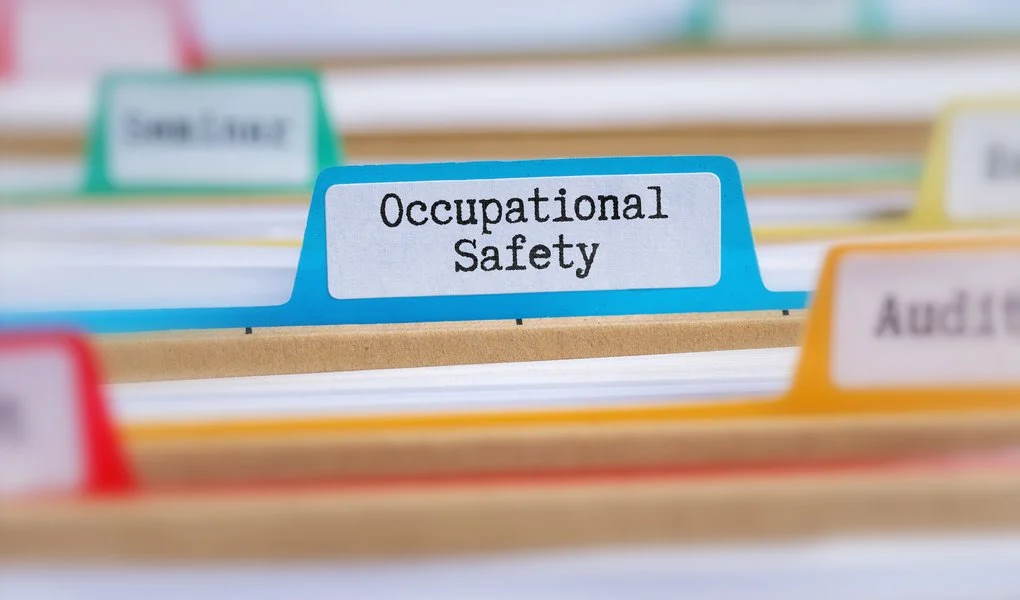Which OSHA Regulations Require a Written Plan / Program?

When OSHA considers a safety or health hazard to be serious, the agency usually requires written documentation of the steps an employer takes to reduce the risk of injury or protect workers from the hazard. OSHA typically terms this requirement as a written plan (interchangeably known as a written program). While OSHA may reference the need for a program in various regulations, that doesn’t necessarily mean that a business must have that in the form of a written program (think hearing conservation – OSHA says you need to have a program, but does not say that it has to be written).
OSHA Regulations Requiring Written Programs
The following list of general industry regulations require written programs:
- Hazard Communication (HAZCOM) – 1910.1200
- Lockout/Tagout (LOTO / Control of Hazardous Energy) – 1910.147
- Respiratory Protection – 1910.134
- Process Safety Management (PSM) – 1910.119
- Personal Protective Equipment (PPE) – 1910.132
- Bloodborne Pathogens (BBP) – 1910.1030
- Emergency Action Plans (EAP) – 1910.38
- Permit Required Confined Spaces (PRCS) – 1910.146
- Hazardous Waste Operations & Emergency Response (HAZWOPER) – 1910.120
- Electrical Safety – 1910.304 & 1910.333
- Fire Prevention Plans (FPP) – 1910.39
- Laboratory Chemical Safety – Chemical Hygiene Plan (CHP) – 1910.1450
- Commercial Diving Operations – 1910.420
- Powered Platforms for Building Maintenance EAP – 1910.66
- Asbestos – 1910.1001
- Lead – 1910.1025
- Silica – 1910.1053
Free Sample OSHA Written Program Templates
If you are looking for sample programs for some of the regulations that require written programs or plans, feel free to download a copy and modify as you see fit.
